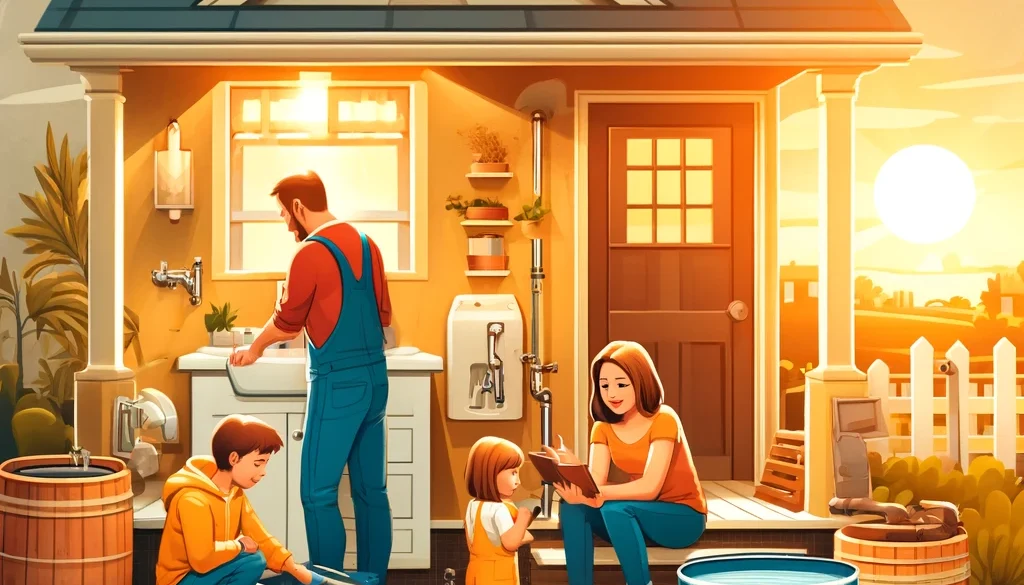Water Conservation
Water is a precious resource, yet its consumption is often taken for granted. This post explores effective techniques for conserving water within your home, helping to preserve this vital resource for future generations while also reducing your water bill.
Why Water Conservation is Important
Water conservation helps to preserve the environment, minimizes the effects of drought and water shortages, and reduces the energy used in treatment and distribution. By adopting water-saving practices, you can contribute to a more sustainable future.
Practical Water-Saving Tips
-
Fix Leaks Promptly: A dripping faucet or leaking toilet can waste thousands of gallons of water per year. Regular checks and timely repairs can lead to significant savings.
-
Install Water-Efficient Fixtures: Low-flow showerheads, toilets, and faucet aerators can drastically reduce water use in your home without sacrificing performance.
-
Use Water-Saving Appliances: Choose dishwashers and washing machines that are energy and water-efficient. Look for those rated by ENERGY STAR, which typically use 25% less energy and 33% less water than conventional models.
-
Reduce Shower Time: Even a one- or two-minute reduction in your shower can save up to 700 gallons of water per month.
-
Turn Off the Tap: Don’t let the water run while brushing your teeth, washing your face, or shaving. This simple habit can save a substantial amount of water.
-
Water Lawns Intelligently: Water your garden in the early morning or late evening to minimize evaporation. Consider drought-resistant plants and investigate whether your community allows rainwater harvesting for lawn care.
-
Reuse Greywater: Systems that repurpose greywater from baths, showers, and washing machines can be used for gardening and flushing toilets.
Educating Others on Water Conservation
Sharing techniques and the importance of water conservation with friends, family, and community can amplify the impact of your efforts. Consider conducting a workshop or writing a community blog post.

